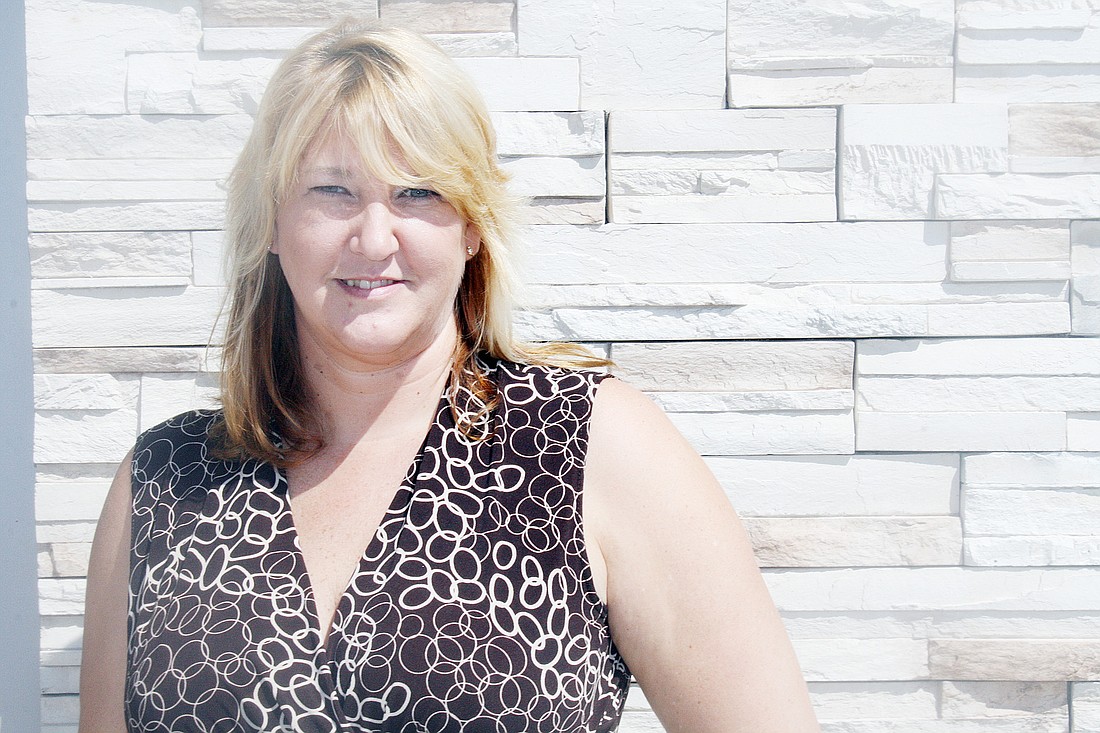- May 9, 2024
-
-
Loading

Loading

Lee and Coreen Huber’s Intracoastal Barter Exchange opened Oct. 1. The company facilitates bartering among businesses.
Palm Coast’s Business Assistance Center announced the launch of its first startup, Intracoastal Barter Exchange. The business, a platform for trading goods and services with virtual currency, officially opened Oct. 1, but the founders’ history in trade traces back much earlier.
When Coreen Huber was an Atlanta salon owner in 2007, she used the local barter network to attract new clients. But her payment system was nontraditional.
When a business owner from the network left her salon, he paid nothing, but Huber tallied the amount his bill would have been and deducted it from his virtual barter account. Then, she added virtual dollars to her own barter account, which she could then use on facility renovations, car work, eating out and more.
She says she averaged more than $8,000 per year of extra income through the program.
“And that’s extra clients that I wouldn’t have had without barter,” she said. “If you could choose between spending cash and not spending cash … I mean, come on.”
While preparing to move to Florida in 2010, Huber searched for travel agencies in Flagler through which to barter her trip, but there were none. That’s when her entrepreneurial wheels started turning.
When the BAC opened in June, Huber and her husband, Lee, made an appointment. Seven months later, Intracoastal Barter Exchange stands as the center’s first success story.
“I don’t want to confuse barter with bargain,” Huber said. There are no discounts or specials in the exchange — merchants always get market price for their goods and services. Barter dollars are taxable. Shipping, taxes and tips are not barterable.
“We’re building an economy,” she said. “We’re building a supplementary economy.”
To Huber, the system is common sense, especially in tough financial times. If companies, or artists, or web designers or whoever are having trouble making sales, why not trade for them?
“Use what you have to get what you need,” she said. “We need to make people look at ways of doing business outside of the normal.”
A local company might not currently be in a position to spend $1,000 on a new website, she added, but if they buy one on barter, all they’re spending is time. Then the designer will turn around and circulate that money back into the city’s economy.
A good example, she says, is the extra money added to a city’s tax roll when hoteliers sell rooms, through barter, for full price, rather than through discounted online travel sites.
Huber visited Joe Roy, BAC area manager.
“He understood where I was,” she said, “and gave me great advice on where I had to go next.”
And that was her biggest issue: Is this idea any good? If so, what now?
Roy referred her to an attorney and an accountant. He followed up, she said. He was positive, but objective. He cared.
“And that, to me, was gold, because so many of us are struggling, and we just need some guidance,” she said. “We’re all so stressed. To have someone you can rely on, and (who) can guide in you the right direction … can really make you shoot forward.”
Virtual barter systems are not new concepts. There are currently 64 other networks operating in the United States and Canada. And Intracoastal Barter Exchange is connected to all of them.
Locally, though, Huber hopes to solicit membership through Volusia and Flagler, then expand.
This week, the company brought on two salespeople. As it grows, trade brokers will be hired.
“Business owners are starving just as much as everybody else in America,” Hubers said. “If (barter) was used more before the economy fell, the fall might not have been as dramatic for some businesses … A barter dollar spent is a cash dollar saved.”
TO JOIN
Becoming a member of the Intracoastal Barter Exchange requires a one-time registration fee of $175, plus monthly fees of $10 in cash and $10 in barter. After that, you’re in the network, able to purchase and sell goods and services to and from participating companies, without ever using cash.
For more, visit www.intracoastal-barter.com.